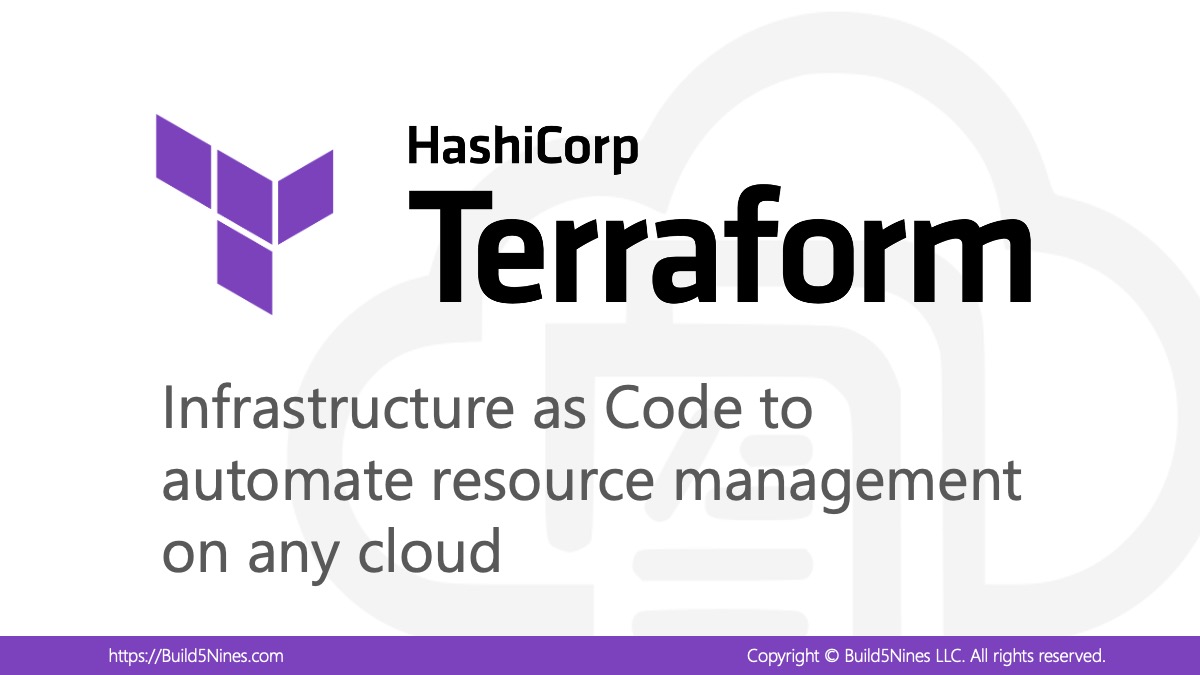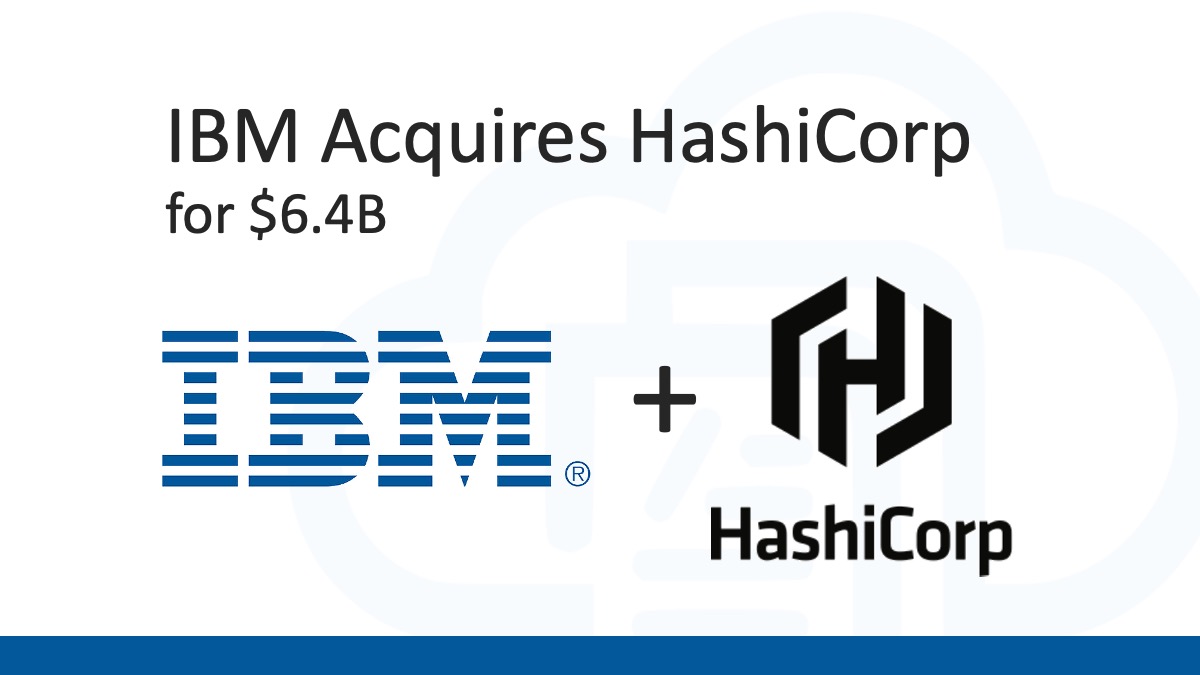DevOps is a rapidly growing field that has revolutionized the way organizations develop and deploy software. With the increased demand for DevOps Engineers, many people are considering a career in this field. If you’re interested in becoming a DevOps Engineer, you’re in the right place. In this article, we’ll cover everything you need to know to start your journey towards becoming a successful DevOps Engineer.
Whether you’re an experienced IT professional or just starting out in the field, this article will provide you with the knowledge and skills necessary to become a successful DevOps Engineer. We’ll cover the basics of DevOps, including its principles, benefits, and practices. We’ll also discuss the various tools and technologies that are commonly used in the field, as well as the specific skills and certifications that can help you advance your career.
This article should help you gain an understanding of what it takes to become a successful DevOps Engineer, and you’ll be well on your way to achieving your career goals. So let’s get started!
Table of Contents
What is DevOps Engineering?
DevOps engineering is a software development methodology that emphasizes collaboration, communication, and integration between software developers and IT operations professionals. The goal of DevOps is to create a streamlined, agile approach to software development that enables teams to deliver software faster, more reliably, and with greater quality.
DevOps engineering involves a set of practices, tools, and cultural philosophies that promote automation, continuous integration and delivery (CI/CD), and real-time monitoring and feedback. DevOps engineers work across the entire software development lifecycle, from development to testing to deployment and operations. They are responsible for building and managing the infrastructure, tools, and processes that support the entire software delivery pipeline.
DevOps engineering requires a combination of technical skills, including proficiency in coding, automation tools, and cloud computing platforms, as well as soft skills, such as communication, collaboration, and problem-solving. DevOps engineers often work in cross-functional teams that include software developers, operations professionals, and business stakeholders, and they play a critical role in helping organizations deliver high-quality software faster and with greater efficiency.
DevOps Engineer: Job Description
The role of a DevOps Engineer is to create and maintain a culture of collaboration between software developers and IT operations staff. They use a wide range of tools and technologies to automate and streamline the software development and deployment process.
A DevOps Engineer’s job description might include:
- Working with software development teams to ensure that software is delivered on time, and to the required quality standards.
- Implementing automation to improve efficiency and reduce errors in the software development and deployment process.
- Designing, building, and maintaining the infrastructure and tools required for continuous integration and continuous delivery (CI/CD) pipelines.
- Troubleshooting and resolving issues that arise during the software development and deployment process.
- Collaborating with other teams, such as security and QA, to ensure that software is delivered securely and with a high degree of quality.
Steps to Become a DevOps Engineer
Step 1: Get Familiar with DevOps Concepts
To become a DevOps Engineer, you’ll need to have a solid understanding of DevOps concepts and principles. Some of the essential DevOps concepts include:
- Agile software development methodologies, such as Scrum
- Continuous integration (CI)
- Continuous delivery (CD)
- Infrastructure as Code (IaC)
- Automation and Orchestration
- Monitoring and Logging
Step 2: Learn a Programming Language
A DevOps Engineer needs to have a solid understanding of at least one programming language, and at least one scripting language. This is necessary because most DevOps tools and technologies require programming skills to implement and use. This is also important because writing automation scripts is also a necessary skill for DevOps Engineers. Additionally, experience with multiple programming languages is very advantageous for DevOps Engineers, but starting with one is definitely a requirement.
Here are some of the most in-demand programming and scripting languages for DevOps Engineers to learn:
- Bash
Bash is a command-line language that is widely used for shell scripting. It is an essential language for automating tasks in Linux and Unix environments. - PowerShell
PowerShell is a command-line language that is used in Windows environments. It is gaining popularity in DevOps for automating tasks in Windows-based infrastructure. - Python
Python is one of the most popular programming languages used in DevOps due to its simplicity and ease of use. It is versatile and has many libraries that can be used for automation, scripting, and testing. - Ruby
Ruby is a general-purpose programming language that is popular in DevOps for its ability to simplify complex tasks. It is often used in configuration management tools like Chef and Puppet. - Go
Go is a modern programming language that is gaining popularity in DevOps due to its simplicity and speed. - JavaScript / Node.js
JavaScript is a versatile programming language that is used in both frontend and backend development.
It’s important to note that the specific programming languages required for a DevOps Engineer role can vary depending on the organization and project requirements.
Step 3: Learn Version Control
Version control systems, such as Git, are essential tools for any DevOps Engineer. Here are a few reasons why it’s important to learn and become familiar with version control:
- Collaboration
DevOps is all about collaboration between teams, and version control systems are key to this. With Git, teams can collaborate on code and track changes easily, allowing for efficient teamwork. - Code Management
Version control systems like Git allow DevOps Engineers to manage and keep track of code changes, allowing them to revert to previous versions if necessary. This is essential when making changes to complex systems, as it provides a safety net in case of errors. - Automation
Git allows for automation of code deployments, which is an essential part of the DevOps process. With Git, DevOps Engineers can easily set up automated build and deployment pipelines, saving time and effort. - Continuous Integration and Delivery (CI/CD)
Version control systems like Git are crucial for implementing a successful CI/CD pipeline. By using Git, DevOps Engineers can ensure that the right code is being deployed, and that changes are thoroughly tested before being released. - Auditability and Compliance
Version control systems also provide a level of auditability and compliance, which is essential for many industries. With Git, DevOps Engineers can track who made changes to code, when they made them, and why.
Version control is a critical tool for DevOps Engineers, as it enables efficient collaboration, code management, automation, CI/CD, and auditability. It’s important for DevOps Engineers to become familiar with Git and other version control systems, as they are essential for building and deploying complex systems.
Here are some of the most in-demand version control systems for DevOps Engineers to learn:
- GitHub
- Azure DevOps
Both of these version control systems use git for source code repositories. Git has become the industry standard, but there are other systems still used in the industry as well, like Apache Subversion, CVS, and Mercurial.
Step 4: Get Familiar with Operating Systems
A DevOps Engineer needs to be proficient in Linux and other operating systems, including Windows. They need to understand how operating systems work and how to manage them.
Step 5: Learn Cloud Computing
Cloud computing has revolutionized the way software is developed and deployed. A DevOps Engineer needs to be familiar with cloud computing and its concepts. Some of the popular cloud platforms are Microsoft Azure, Amazon Web Services (AWS), and Google Cloud Platform (GCP).
Step 6: Master DevOps Tools and Technologies
There are numerous tools and technologies used in DevOps, and a DevOps Engineer must be proficient in them. Some of the popular DevOps tools and technologies include:
- Infrastructure as Code (IaC) Configuration Management Tools (HashiCorp Terraform, Azure Bicep, AWS CloudFormation, Ansible, Chef, Puppet)
- Continuous Integration and Continuous Deployment (CI/CD) Tools (Azure DevOps, GitHub Actions, Jenkins, Travis CI, etc)
- Containerization and Orchestration Tools (Docker, Kubernetes)
- Source Code Management (Git)
Step 6: Get Certifications
Technical certifications can be used to add validation to your resume to provide evidence that you have the knowledge necessary for the job. This is especially important when looking for your first DevOps Engineer job. DevOps certifications can help you demonstrate your skills and expertise in the field. Some of the popular DevOps certifications include:
- Microsoft Certified: DevOps Engineer Expert
This certification validates a candidates expertise as a DevOps Professional around the use of Microsoft Azure technologies for designing and implementing DevOps practices. - AWS Certified DevOps Engineer – Professional
This certification validates a candidates expertise in provisioning, operating, and managing distributed application systems on the AWS platform. - Google Cloud Professional DevOps Engineer
This certification validates candidates expertise for efficient development operations that can balance service reliability and delivery speed using Google Cloud. - DevOps Institute: DevOps Engineering Foundation
This certification validates a DevOps Engineers understanding of the foundational knowledge, principles and practices form a technical perspective needed to engineer DevOps solutions.
DevOps Engineer vs Site Reliability Engineer (SRE)
DevOps Engineer and Site Reliability Engineer (SRE) are two closely related roles in the software development industry, but there are some key differences between them.
A DevOps engineer is responsible for the end-to-end delivery of software applications, from development to production. They work collaboratively with development and operations teams to design, build, and maintain the infrastructure, tools, and processes required to deliver software efficiently and effectively.
The Site Reliability Engineer (SRE) role is a specialized role that focuses specifically on the reliability and availability of software systems. SREs use the principles and practices of software engineering to design and build highly scalable, fault-tolerant systems that can handle large-scale production workloads.
Some key responsibilities of an SRE include:
- Designing, implementing, and maintaining highly available, fault-tolerant systems that can handle large-scale workloads
- Monitoring and measuring system performance, availability, and capacity, and implementing improvements to optimize system efficiency
- Troubleshooting and resolving complex technical issues related to production infrastructure and applications
- Implementing disaster recovery and business continuity strategies to ensure system availability in the event of an outage or failure
Although there is some overlap between the roles of DevOps Engineer and Site Reliability Engineer, there are also some key differences.
Similarities between DevOps Engineer and SRE:
- Both roles involve designing and implementing automation processes and tools to improve the software delivery process
- Both roles require proficiency in coding, automation tools, and cloud computing platforms
- Both roles require collaboration with development and operations teams to ensure the efficient and effective delivery of software
Differences between DevOps Engineer and SRE:
- DevOps engineers are responsible for the end-to-end delivery of software applications, while SREs focus specifically on the reliability and availability of software systems
- DevOps engineers focus on improving the software delivery process through continuous integration and delivery, while SREs focus on improving system reliability and performance
- DevOps engineers typically work in cross-functional teams that include software developers, operations professionals, and business stakeholders, while SREs typically work in dedicated teams focused on system reliability and availability
- DevOps engineers are responsible for managing the infrastructure, tools, and processes required to deliver software efficiently and effectively, while SREs are responsible for designing and building highly available, fault-tolerant systems that can handle large-scale production workloads.
Conclusion
In conclusion, becoming a DevOps engineer is a rewarding career path that offers a unique combination of technical and soft skills. With the demand for DevOps engineers on the rise, now is the perfect time to start your journey towards this exciting career. Whether you’re an experienced IT professional or just starting out in the field, the key to success in DevOps is continuous learning and improvement.
In this article, we’ve covered the basics of DevOps, its principles, benefits, and practices, as well as the various tools and technologies commonly used in the field. We’ve also discussed the specific skills and certifications that can help you advance your career, and provided tips on how to get started on your DevOps journey.
Remember, becoming a successful DevOps engineer requires a combination of technical expertise, collaboration skills, and a passion for continuous improvement. By following the advice and resources provided in this article, you’ll be well on your way to achieving your career goals and becoming a valued member of the DevOps community.
So what are you waiting for? Start learning, practicing, and networking, and soon you’ll be on your way to becoming a successful DevOps engineer!




 Stack Overflow Upset Over Users Deleting Answers After OpenAI Partnership
Stack Overflow Upset Over Users Deleting Answers After OpenAI Partnership
 GitHub Actions: Commit and Push Changes Back to Repository
GitHub Actions: Commit and Push Changes Back to Repository
 Use Azure DevOps Pipelines as a Serverless Compute Engine
Use Azure DevOps Pipelines as a Serverless Compute Engine
 IPv4 Address CIDR Range Reference and Calculator
IPv4 Address CIDR Range Reference and Calculator
 Exploring .NET Aspire: Building Cloud-Native Apps with Ease
Exploring .NET Aspire: Building Cloud-Native Apps with Ease




